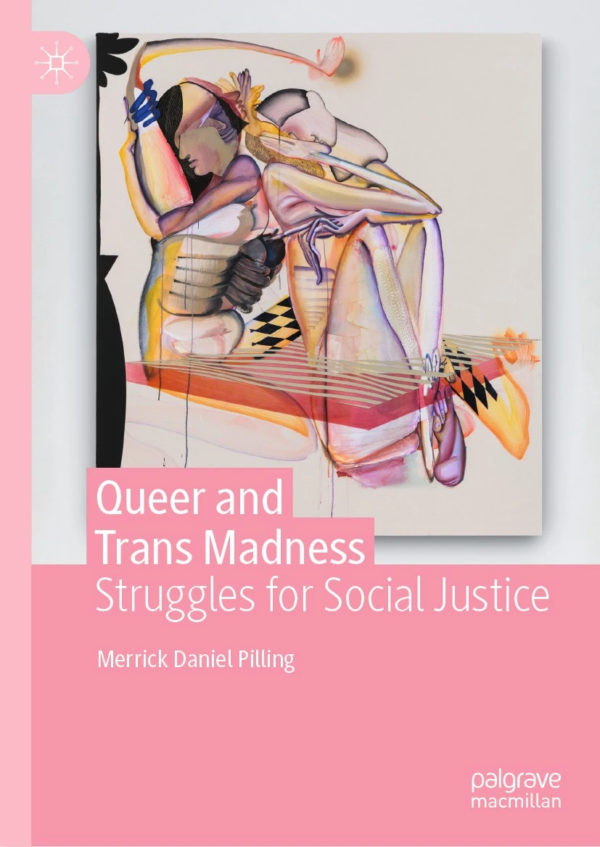The workshop draws on cutting-edge chart documentation theory and practice that emerged from a study that analyzed 161 psychiatric in-patient charts for the ways that race, Indigeneity, gender, sexuality, class, and disability, among other sites of difference, were documented by social workers, nurses, and psychiatrists. Workshop participants will explore how dominant worldviews and their own social locations inform their chart documentation practices and how charting practices can both support and challenge the structural power dynamics that dis/empower service users. The workshop will support students and professionals to use critical documentation practice as a strategy towards revealing and resisting the pathologization of everyday life and the dehumanization of service users. Participants will be guided through solo and group exercises, working together to explore the various implications of documentation for service users and reimagine documentation through a social justice lens. Participants should note that difficult topics will be explored, including coercive treatment and examples of systemic violence (e.g. gender-based violence, transphobia, and racism).
While the workshop draws on documentation theory and practice based on an analysis of psychiatric in-patient charts specifically, the key ideas and skills related to critical documentation are transferable across sites of mental health care. The workshop is the outcome of a project funded by the Social Sciences and Humanities Research Council of Canada (SSHRC) called Social Justice Praxis and Clinical Chart Documentation in Mental Health Care and is based on findings from a SSHRC-funded project entitled Cultural Representations of Gender in Psychiatric Narratives. More information about study findings can be found in the books linked below.

